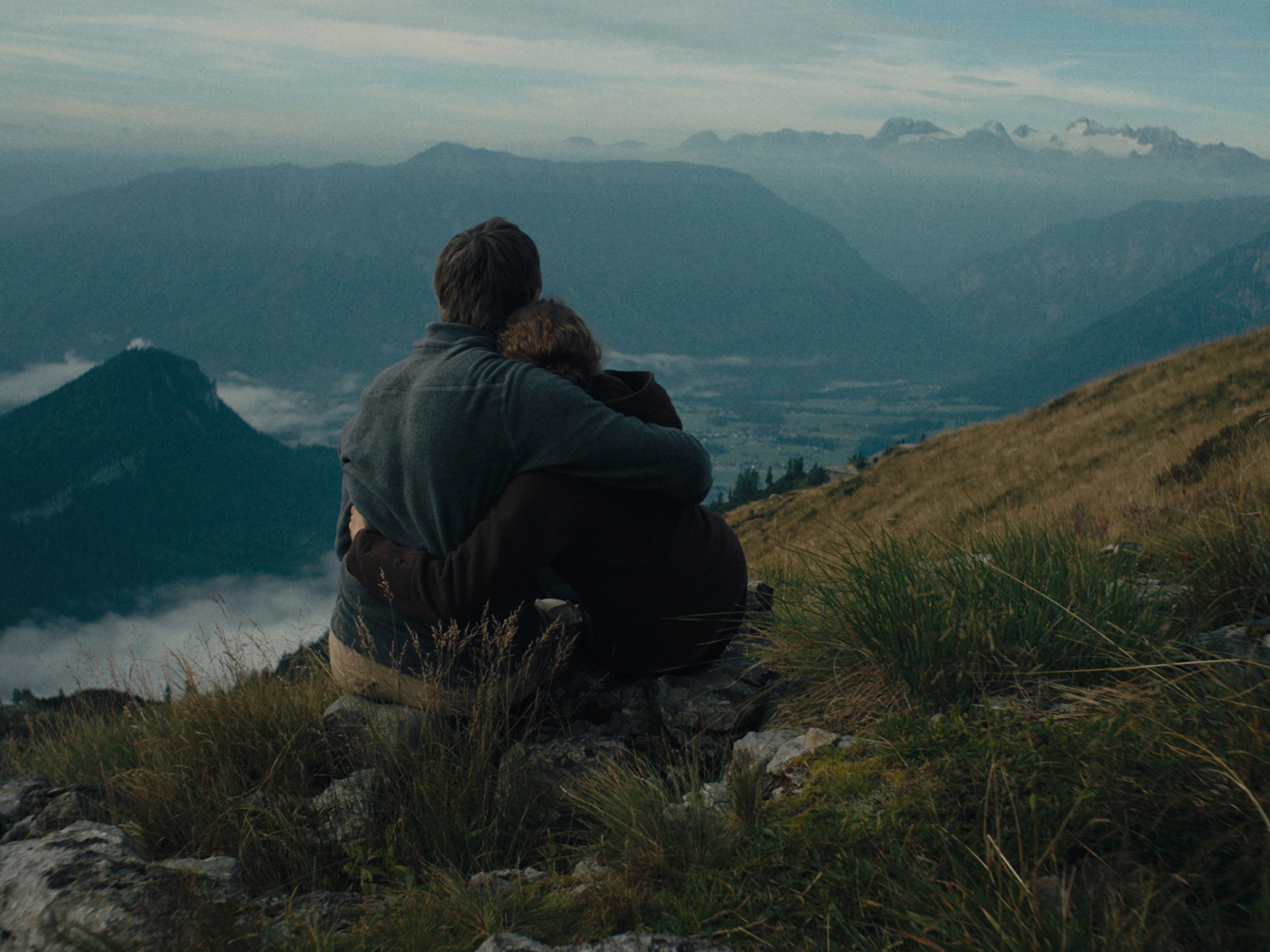
- Golden Globe Awards
Heights and Depths (Hungary)
Based on the tragic death of Zsolt Eross, played by Zsolt Trill, the most successful Hungarian high-altitude mountaineer (and the first Hungarian to climb Mount Everest), Heights and Depths follows the mountaineer’s final expedition, scaling Kangchenjunga in 2013. While he successfully reached the summit, he never survived the descent, leaving behind his wife and two children. His climbing partner on this expedition, Peter Kiss, fell from the mountain and also died. Eross was initially declared missing until it was announced via a live broadcast that he was presumed dead. The story follows the journey of his wife, Hilda Sterczer, played by Emőke Pál’, who provides a portrait of grief and mourning.
Director Sandor Csoma, whose short films include Nothing Really Happened, Tabula Rasa and Casting, makes his feature debut with Heights and Depths. He tells the story through the lens of Eross’ wife, Sterczer, who had been on many expeditions with her late husband and was familiar with the ever-present dangers of mountain climbing. Notably, in 2010 Eross had had his leg amputated from a previous accident in the High Tatras, and had been required to learn to walk with a prosthetic.
Csoma spoke to nemzetisport.hu about coming to terms with grief and death. “Grief is still a taboo in our culture, with relatively few film and literary treatments. I find communication about it very important and value-creating. It’s an event that everyone encounters several times in their lives, yet we are unable to react adequately, either from within or from without,” he said. “Before, I was strongly influenced by Sándor Márai’s novel “Peace in Ithaca,” in which Márai portrays the hero Odysseus from the point of view of his wife, Penelope, and others. Penelope had to wait for her husband for many years while he goes to war, and then, out of some kind of inner restlessness, he sails away. I was surprised at how fascinating the perspective of those who are condemned to wait can be, or at the human drama behind the helplessness of having to watch the death of a loved one.”
Eventually, Sterczer must come to terms with her new role as a widow and single mother raising two children. Through Csoma’s lens, we realize that in order for her to emerge from the darkness of grief she must climb her own metaphorical mountain.

